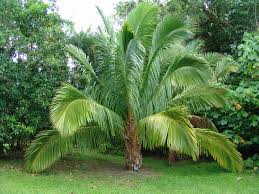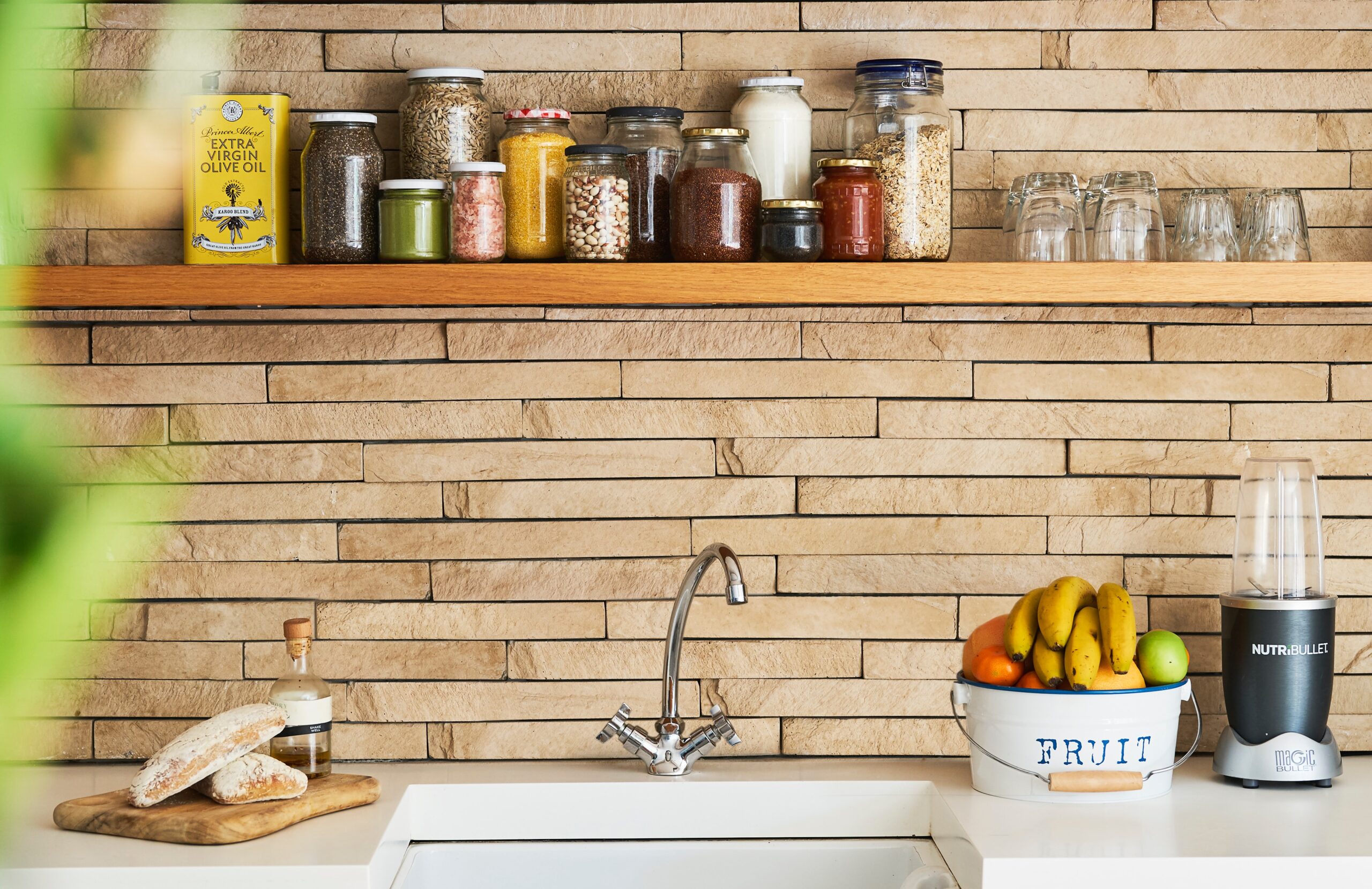Coconut Sugar: should you use it?
 Everyone is asking about coconut sugar these days. With the plethora of sweeteners on the market, this is a great question! Dr. Oz says this is the “Best New Sugar Alternative” so it must be addressed.
Everyone is asking about coconut sugar these days. With the plethora of sweeteners on the market, this is a great question! Dr. Oz says this is the “Best New Sugar Alternative” so it must be addressed.
The word “sugar” is confusing. Common questions include: Is it “natural” sugar or processed? What about the grams of sugar listed on labels? Aren’t all carbohydrates basically just sugar anyway? The reason that sugar seems confusing is because it is actually quite complicated involving analyzing the chemical structure of each type of sweetener and determining how quickly it will be digested. The most simple sugars are called mono and di-saccharides. Fructose, glucose, sucrose, and lactose fall into these categories. After that come the more complex types of carbohydrate combinations (think grains, veggies, legumes), each with a chemical structure that will dictate how quickly the body can break it into more simple sugars and absorb it into the blood stream to use for energy. So yes, every carbohydrate you eat turns to “sugar” (or glucose rather) because that is how the body works on a biochemical level, but the path each type of sweetener takes to be used for energy really is different. I’m not going to analyze whether sugar is good or bad here, but I will say that most of us eat too many simple sugar/sweeteners which are often hidden in places we may not even realize.
Coconut sugar is also sometimes called palm sugar but with how hot coconut oil is these days, “coconut” sugar is the more catchy name. Lower on the glycemic index (30-40 on a scale of 1-100; some say it’s as low as 50 but I’m not sure about that), this sugar is a simple sucrose-type of sweetener (sucrose is white table sugar). Coconut sugar may contain some trace minerals like zinc, iron, magnesium, and B-vitamins. Agave syrup, maple syrup and other plant-derived sweeteners have similar properties and added nutrients, but please do not trick yourself into thinking these products are healthy because of the vitamins and minerals they contain. Coconut sugar’s potential benefit (and the reason it is often touted by diabetics) comes from the fact that it contains inulin, a type of fiber and pre-biotic. Fiber is a more complex type of carbohydrate and as it is difficult (or impossible) to digest, it will slow the absorption of the sweetener, meaning a slower and lesser increase in blood sugar. The American Diabetes Association rightfully states: It is okay for people with diabetes to use coconut palm sugar as a sweetener, but they should not treat it any differently than regular sugar. It provides just as many calories and carbohydrates as regular sugar: about 15 calories and 4 grams of carbohydrate per teaspoon. So, you still need to account for it when planning meals.
 The trend right now is searching for a “healthier” sugar because humans are totally addicted to sweet stuff. I’m guessing that we may never find a sugar that will truly be beneficial to health and the more you stay away from these types of flavors the more you will break the addictive cycle and move towards healthier eating. If you want to use coconut sugar, go ahead! But remember to keep your portions appropriate and understand that you really are just eating another type of sugar.
The trend right now is searching for a “healthier” sugar because humans are totally addicted to sweet stuff. I’m guessing that we may never find a sugar that will truly be beneficial to health and the more you stay away from these types of flavors the more you will break the addictive cycle and move towards healthier eating. If you want to use coconut sugar, go ahead! But remember to keep your portions appropriate and understand that you really are just eating another type of sugar.
CAND Instagram
Recent Posts
Meet the Author
Bringing you the best nutrition information...
Our Academy Bloggers
CAND has several professional and student bloggers. They write about a range of topics for the public.



